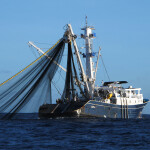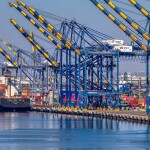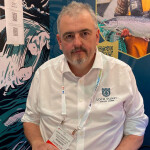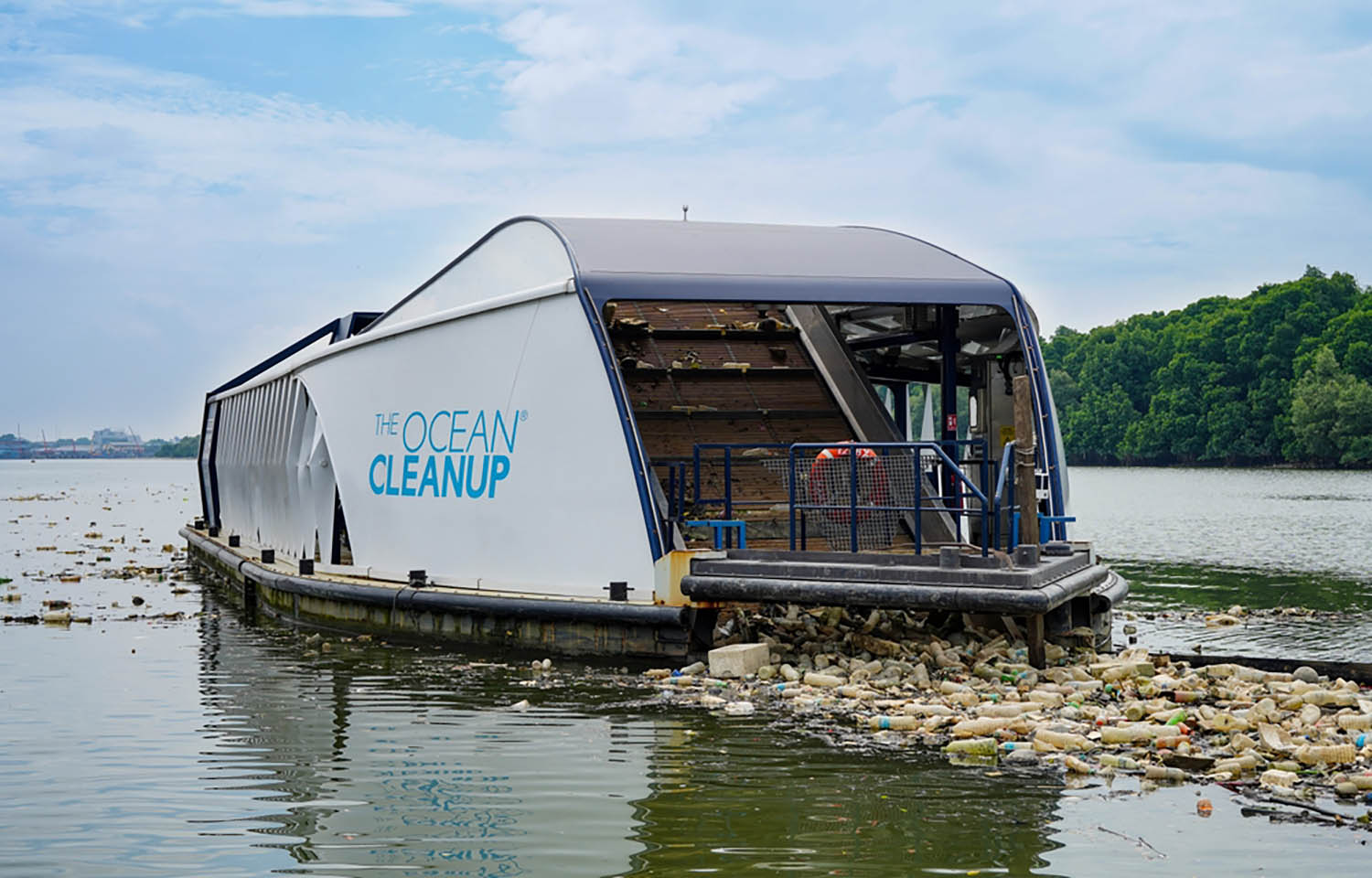Back to Blue, a joint initiative between the media brand Economist Impact and Japanese nonprofit The Nippon Foundation, aims to ensure the world’s oceans are free from the impacts of marine pollution – not just plastic – by 2050 through a bold new roadmap.
After two years of consultation, the published roadmap, titled “A Global Ocean Free from the harmful Impacts of Pollution by 2050: Roadmap for Action,” provides a framework for global stakeholders to reference evidence on the impact and extent of marine pollution in order to address and eliminate it.
“All the scientists that we spoke to throughout this process said this is something they are extremely worried about, but we don't have a lot of data to drive action,” Back to Blue Initiative Head of Engagement Jessica Brown said. “The goal of the roadmap and the goal of Back to Blue is to bring together a holistic, global, data-driven understanding of ocean pollution and use that as a tool to drive action from decision-makers and policymakers in government, as well as in the private sector.”
Marine pollution can be visible, such as in the case of plastics, or invisible, such as in the case of nutrients including fertilizers and sewage, chemicals including PFAS contaminants, pharmaceuticals including antibiotics, heavy metals, radioactivity, oil, and one of the other 300,000 unknown synthetic chemicals in use today. These pollutants mostly originate from land-based sources.
Published on the heels of the recent Global Plastics Treaty, negotiations for which have recently hit an impasse, Back to Blue intends for the roadmap to tackle both visible and invisible forms of pollution that affect oceans and human health.
“Work is now underway to arrive at a plastic pollution treaty, but marine pollution involves more than plastics and microplastics, with chemical pollution being equally problematic for marine ecosystems and, ultimately, human health,” United Nations Secretary-General’s Special Envoy for the Ocean Peter Thomson said.
Back to Blue's primary objectives with the roadmap are to close the data gap in pollution statistics, develop solutions to address pollution’s impacts, engage stakeholders, and secure necessary funding.
Implementation, which Back to Blue is seeking through the help of a UN body, is expected to begin in …








